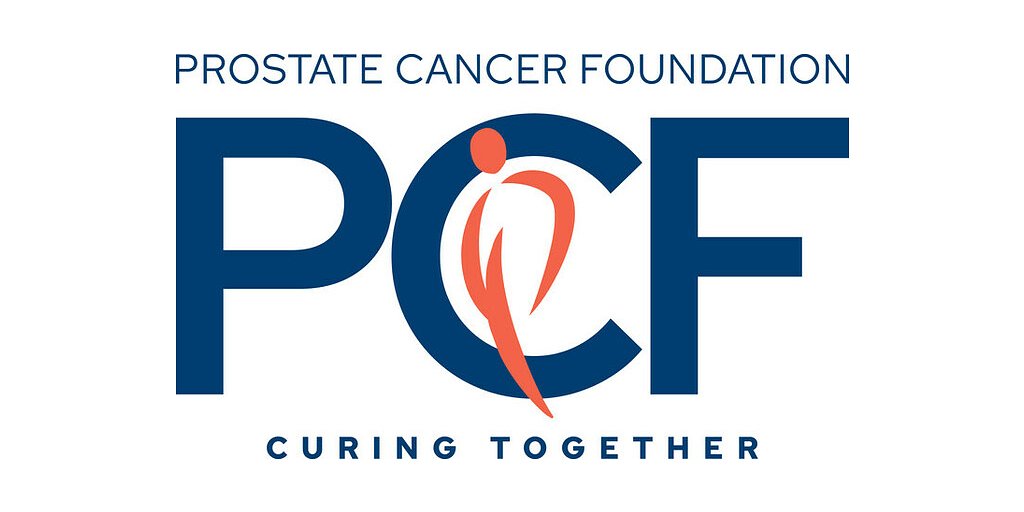
Genetic Testing Gains Momentum in Prostate Cancer, Bridging Access Gaps
New resources aim to empower patients with advanced prostate cancer to understand and access vital genetic testing, potentially unlocking personalized treatment options. But systemic hurdles remain.
Genetic Testing Gains Momentum in Prostate Cancer, Bridging Access Gaps
NEW YORK, NY – November 20, 2025
Empowering Patients Through Genetic Insights
The Prostate Cancer Foundation (PCF) has launched a new online resource – a website and downloadable guide – designed to educate patients and their families about the benefits of somatic and germline genetic testing for advanced prostate cancer. This initiative comes at a critical juncture, as precision oncology gains prominence and the potential for personalized treatments rises. The resource aims to demystify complex genetic information and empower patients to advocate for appropriate testing within their care plans. While the move is applauded by patient advocacy groups, experts highlight persistent challenges in ensuring equitable access to these potentially life-altering diagnostics.
“Patients are increasingly aware of the possibilities of personalized medicine,” explained one oncology specialist. “They want to understand how genetics can inform their treatment options. But often, they’re navigating a complex system without the necessary knowledge or support.” The new PCF resource directly addresses this knowledge gap, providing clear explanations of different types of genetic tests, their clinical implications, and how to discuss testing with their physicians.
Bridging the Gap Between Recommendation and Reality
Despite clear guidelines from leading organizations like the National Comprehensive Cancer Network (NCCN) and the American Society of Clinical Oncology (ASCO) recommending both germline and somatic testing for metastatic prostate cancer, adoption rates remain surprisingly low. Studies indicate that less than 60% of eligible patients actually receive these tests. This gap stems from a complex interplay of factors, including a lack of awareness among patients and providers, logistical hurdles in accessing testing, and concerns about cost and insurance coverage.
“There’s a real disconnect between what the guidelines recommend and what actually happens in clinical practice,” noted a healthcare administrator familiar with genomic testing implementation. “Providers may be hesitant to order tests if they’re unsure about the clinical utility or how to interpret the results. Patients may not know to ask about these tests, or they may be discouraged by the potential cost.” The PCF’s resource seeks to address these issues by providing educational materials for both patients and healthcare professionals. It emphasizes the importance of genetic testing in identifying patients who may benefit from targeted therapies, such as PARP inhibitors, and in guiding treatment decisions.
The Role of Funding and Industry Collaboration
The PCF’s initiative is supported by financial contributions from industry partners, including AstraZeneca. While such collaborations can be beneficial in accelerating access to innovative diagnostics, they also raise questions about potential conflicts of interest. AstraZeneca, a major player in oncology with a strong portfolio of targeted therapies, has a clear financial incentive to promote genetic testing that can identify patients eligible for their drugs.
“It's crucial to maintain transparency when industry funding is involved,” one patient advocate emphasized. “Patients need to know where the information is coming from and whether there are any potential biases. The PCF has a strong reputation for scientific rigor, but it's still important to be aware of the potential for conflicts of interest.” The financial contributions underscore the increasing convergence of precision medicine, pharmaceutical innovation, and patient education. The benefits are clear: potentially improved treatment outcomes for patients with advanced prostate cancer. However, responsible stewardship and transparency are essential to ensure that patient interests remain paramount.
The new resource is not the sole effort to increase genetic testing in prostate cancer. Companies like Foundation Medicine and Guardant Health offer comprehensive genomic profiling services, enabling the identification of actionable genetic alterations. These companies play an increasingly important role in translating genetic information into clinical insights.
Addressing Disparities and Future Directions
Significant disparities exist in access to genetic testing, particularly among Black males and other diverse racial and ethnic populations. These disparities are often linked to systemic inequities in healthcare access, socioeconomic factors, and a lack of trust in the medical system. Patient advocacy groups are working to address these disparities through targeted education programs, outreach initiatives, and efforts to improve healthcare access in underserved communities.
“We need to ensure that all patients, regardless of their race, ethnicity, or socioeconomic status, have equal access to the benefits of precision medicine,” a representative from ZERO – The End of Prostate Cancer stated. “This requires a concerted effort to address systemic inequities and improve healthcare access in underserved communities.” Looking ahead, the future of prostate cancer treatment will likely be defined by increasingly sophisticated genetic testing and the development of novel targeted therapies. The convergence of genomic technology, pharmaceutical innovation, and patient education will continue to drive progress, ultimately leading to improved outcomes and a better quality of life for patients with advanced prostate cancer.
